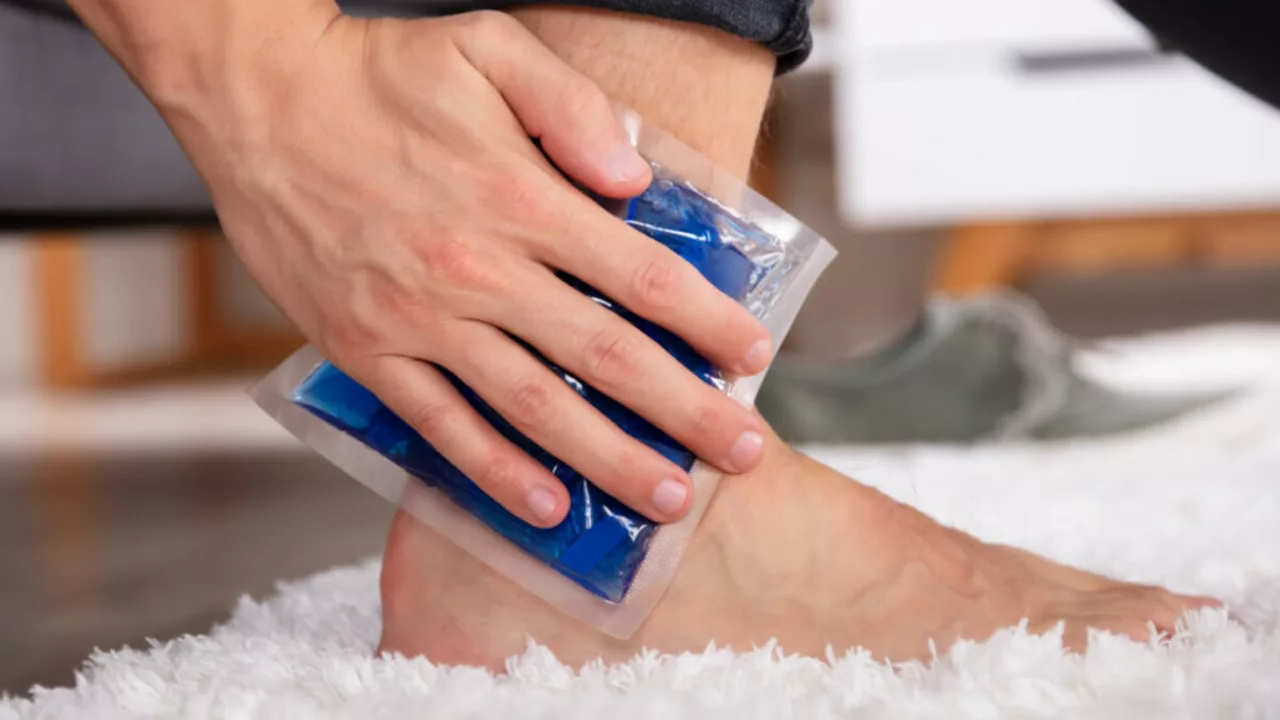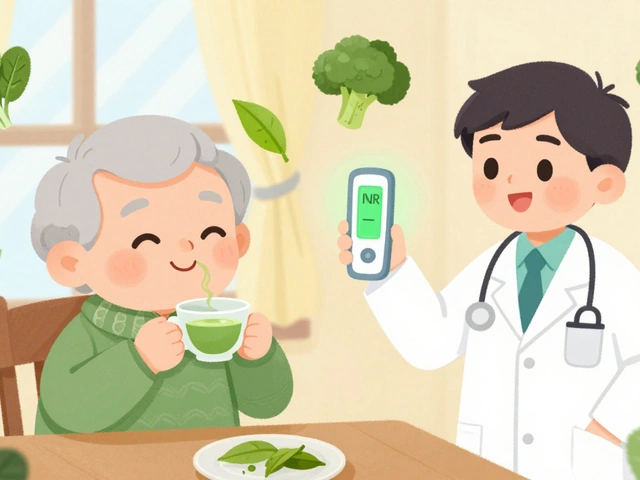Itching relief: fast tips you can use right now
Nothing ruins your day faster than skin that won’t stop itching. Whether it’s a sudden rash, dry patches, insect bites, or long-term eczema, you can usually calm the itch quickly with a few smart moves. Start by cooling the area, stopping the scratch reflex, and using a moisturizer or safe OTC cream. Those steps alone help most mild cases.
Quick home fixes that actually work
Cool compress: place a clean, cool cloth on the itchy spot for 10–15 minutes. That cuts inflammation and the urge to scratch. Moisturize: use a thick, fragrance-free cream right after a lukewarm shower to lock in moisture. Avoid hot water—hot showers make itching worse. Oatmeal baths and products with colloidal oatmeal soothe many irritated skins.
Topical options: try 1% hydrocortisone cream for short-term relief of rashes or insect bites. Calamine lotion calms itch from contact reactions or chickenpox. For a stronger cooling feel, lotions with menthol or pramoxine can help, but don’t use them on broken skin.
Oral antihistamines: if the itch comes from allergies, a non-drowsy antihistamine (like cetirizine or loratadine) helps daytime symptoms. If itching keeps you awake, a sedating option (like diphenhydramine) can help at night—use caution and avoid driving while drowsy.
When itching is a sign you need medical care
See a doctor right away if the rash spreads fast, you develop fever, blisters, pus, or swollen face and lips. Short, intense reactions with breathing trouble or dizziness require emergency care. Also get help if itching lasts more than two weeks, interferes with sleep, or keeps returning despite home treatment.
Some causes need prescription care: infected skin needs antibiotics, fungal rashes need antifungals, and moderate-to-severe eczema may require prescription topical steroids, non-steroid creams like tacrolimus, or even injectable treatments for stubborn cases. If a new medication may be causing the itch, check with your prescriber before stopping it.
Contact dermatitis is common and often diagnosed with patch testing. If you keep reacting to soaps, perfumes, or a work chemical, testing helps find the exact trigger so you can avoid it.
Prevention is simple: switch to mild, fragrance-free soaps and detergents, moisturize daily, wear breathable cotton, and use a humidifier in dry months. Avoid tight clothing and known irritants. For insect bites, use repellent when needed and treat bites quickly with cooling and topical options.
If you’re still unsure what’s behind your itch or home care isn’t helping, check out the related guides on Blueskydrugs.com or reach out to a healthcare provider. A little early action usually stops an itch from turning into a bigger problem.




